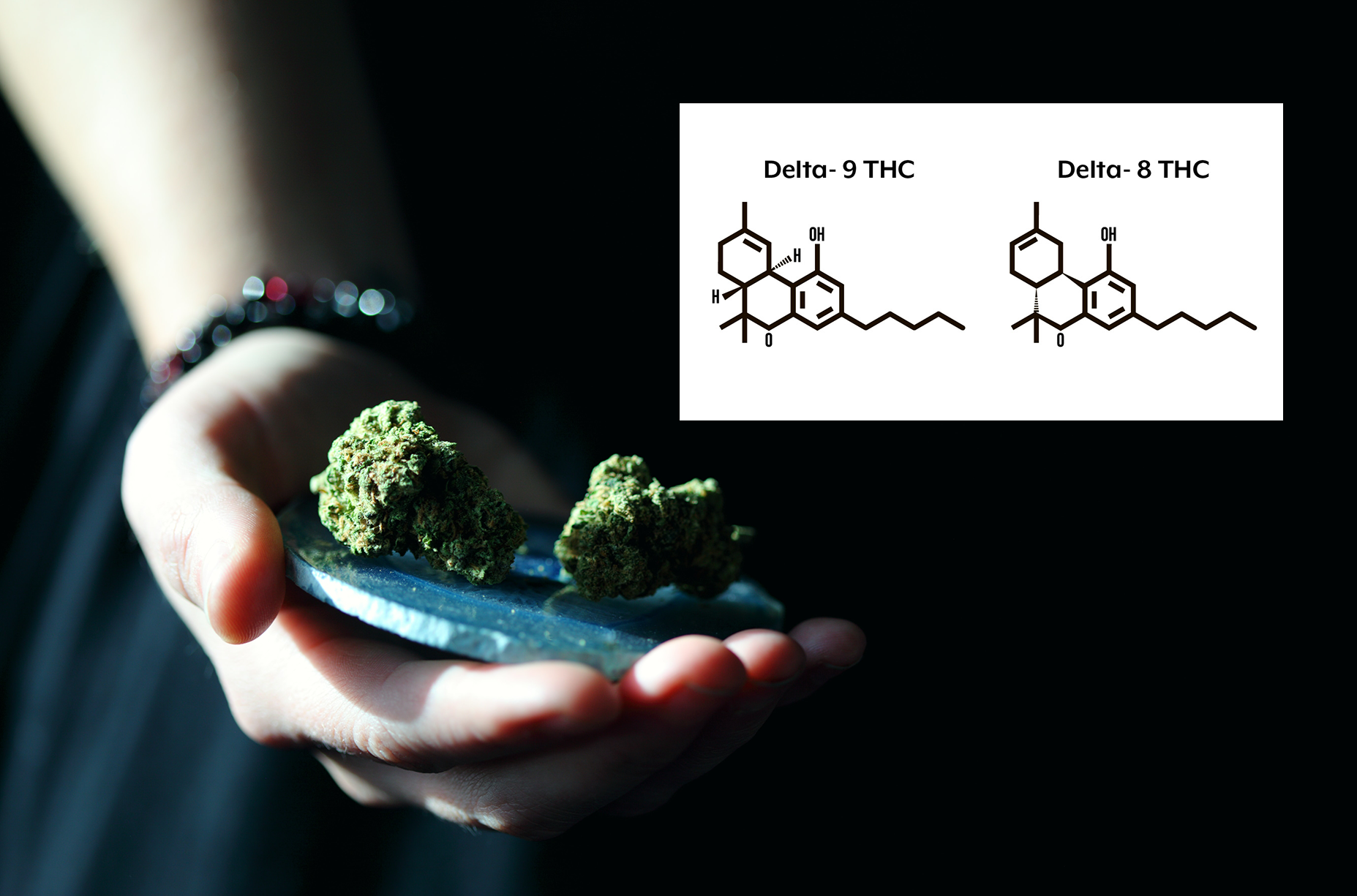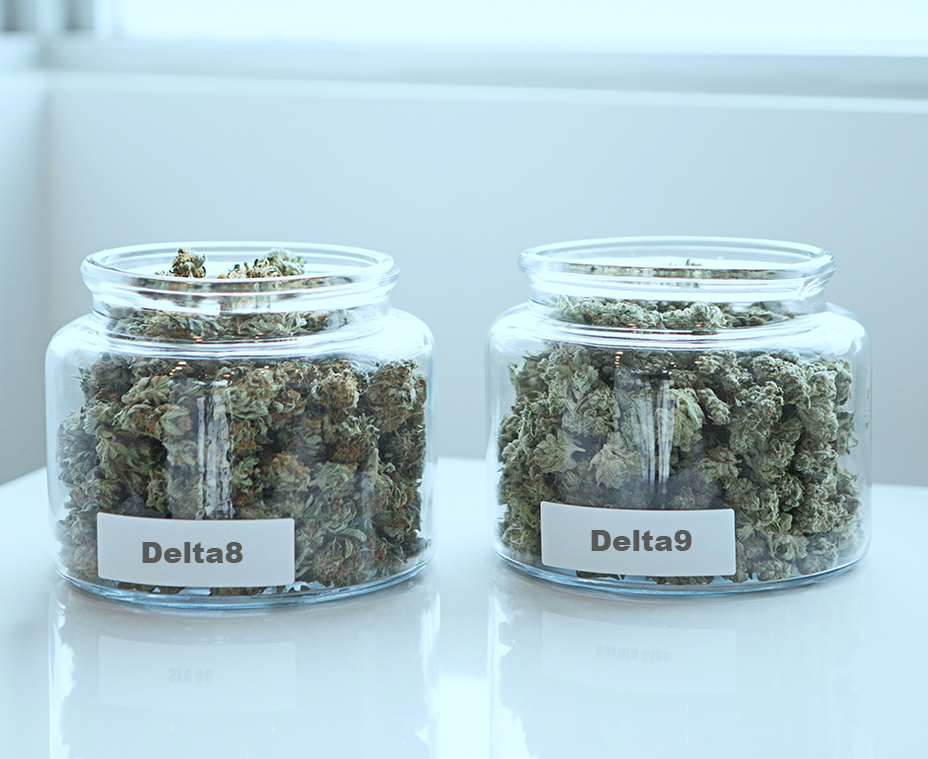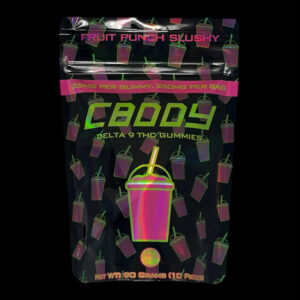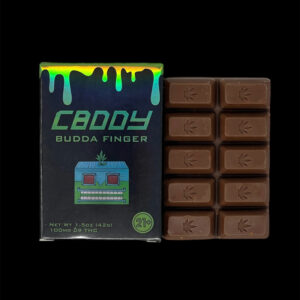If you’re here, you’ve probably heard of Delta 8 THC, also known as the little sister of Delta 9. But do you know where it come from, what is the legal status of delta 8, and why is it on the market NOW? Is it all just hype, or have cannabinoid connoisseurs really found something great and taken a liking to it? Let’s find out.
Delta 8 is NOT something new
As a matter of fact, Delta 8 was known in the 60s, and those of us who risked life in prison during the dark ages of cannabis chemistry were aware of it and came to know it well. However, there was no economical way to make it in quantity, and it remained an obscure curiosity available to only a lucky few.
So where does Delta-8 come from?
Delta eight is an isomer of THC, and Delta-9 THC easily rearranges to Delta eight upon heating under acidic conditions. Only traces are present in cannabis, possibly artifacts in extraction. Pipe resin was a common source, as the Delta-9 collecting in pipes reacted with the hot acidic tars to convert completely to Delta-8, which could be cleaned up and recycled for smoking. It may also be made intentionally from CBD by heating under acidic conditions; the Delta-9 initially formed smoothly converts to Delta eight in high yield. The recent commercial availability of CBD is one reason why Delta-8 has suddenly exploded onto the market.
So if it’s only half as strong, why do people like it?
For one thing, it’s slightly different in its effects; people appreciate variety, just like they enjoy different strains of bud. It’s brighter and slightly more colorful upfront than Delta-9, and the stone phase is slightly slower to take over, with less impairment and paranoia. The duration of smoking is about half to one hour shorter, and there are fewer unpleasant burnout aftereffects lingering into the next day. Some people really prefer this lighter, brighter sister over Delta-9. And then there’s the cost… Since it’s made from comparatively inexpensive CBD, even though you need twice as much it’s still cheaper than Delta-9 overall.

This Delta-8 isomer of THC is more stable than Delta-9
It does not oxidize to CBN upon storage or exposure to air as Delta-9 does. Like Delta-9 it is a viscous oil and is usually (should be) purified by distillation and collected as a concentrate of high purity. The taste is slightly more metallic than Delta-9, so it’s usually offered in flavored delta 8 gummies 50mg or delta 8 THC vape carts. Because of Delta-8’s close similarity to Delta-9, it can cause a false positive in the crude urine test commonly employed for cannabis-use screening. It is about half as strong as Delta-9 but does have good THC-like activity.
What is the legal status of Delta Eight?
Because the 2018 Farm Bill legalized Hemp products, and Delta-8 is being made from Hemp-derived CBD it’s federally legal and is getting a pass in most states. Three states still ban ALL hemp products. At least one has put Delta eight under the same umbrella as Delta-9, not to ban it but to tax it and allow dispensaries to sell it alongside Delta-9. A few states with strong cannabis lobbies were persuaded to ban it, as the lobbies saw it as cheap competition for their established pay-to-play cannabis market. But in most states, it’s completely unregulated so far, sold alongside CBD products in over-the-counter venues.
So should YOU try Delta-8?
If you enjoy Delta-9, you ABSOLUTELY should like Delta eight! With its brighter, more active high it’s a refreshing change of pace. You may still prefer Delta-9 for regular use, or you may even find you prefer Delta-8 and want to reserve Delta-9 for special occasions or heavier times. Either way, you should find it a great experience, well worth exploring!



